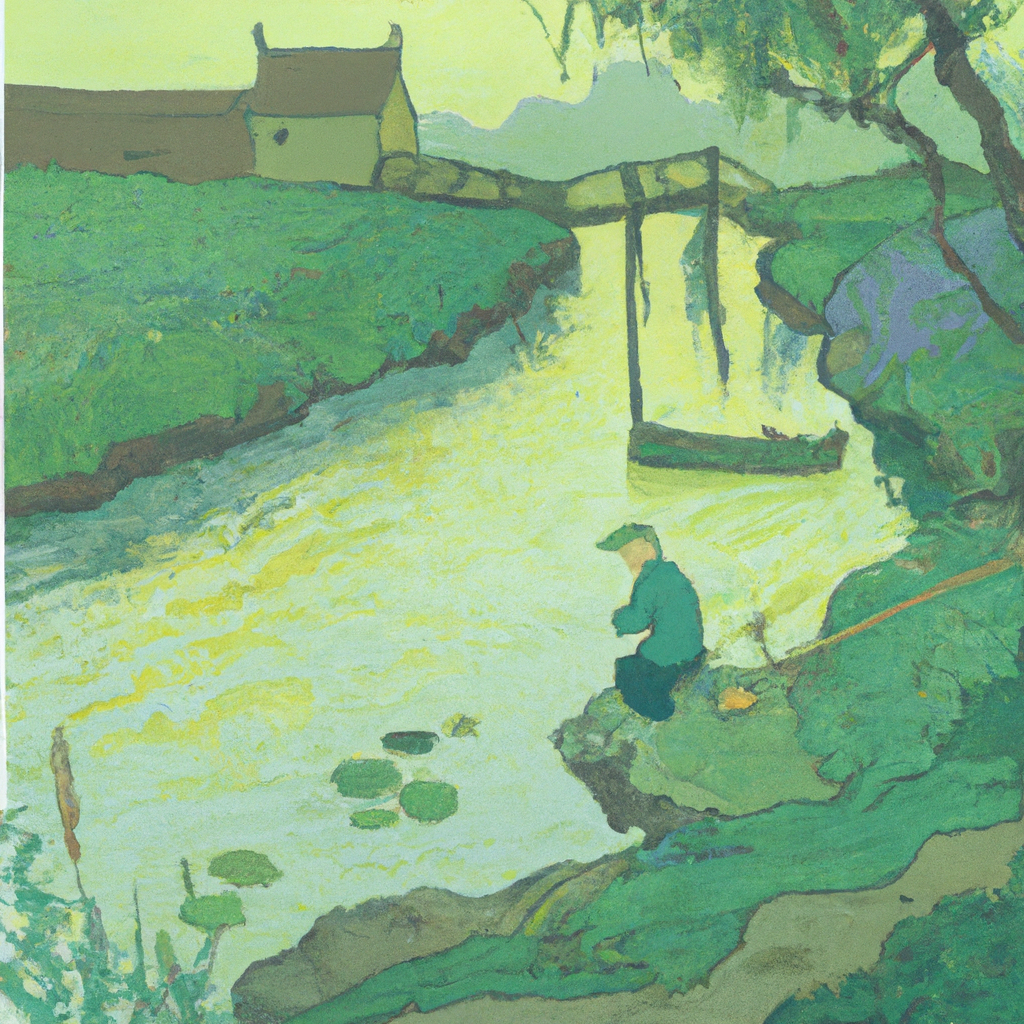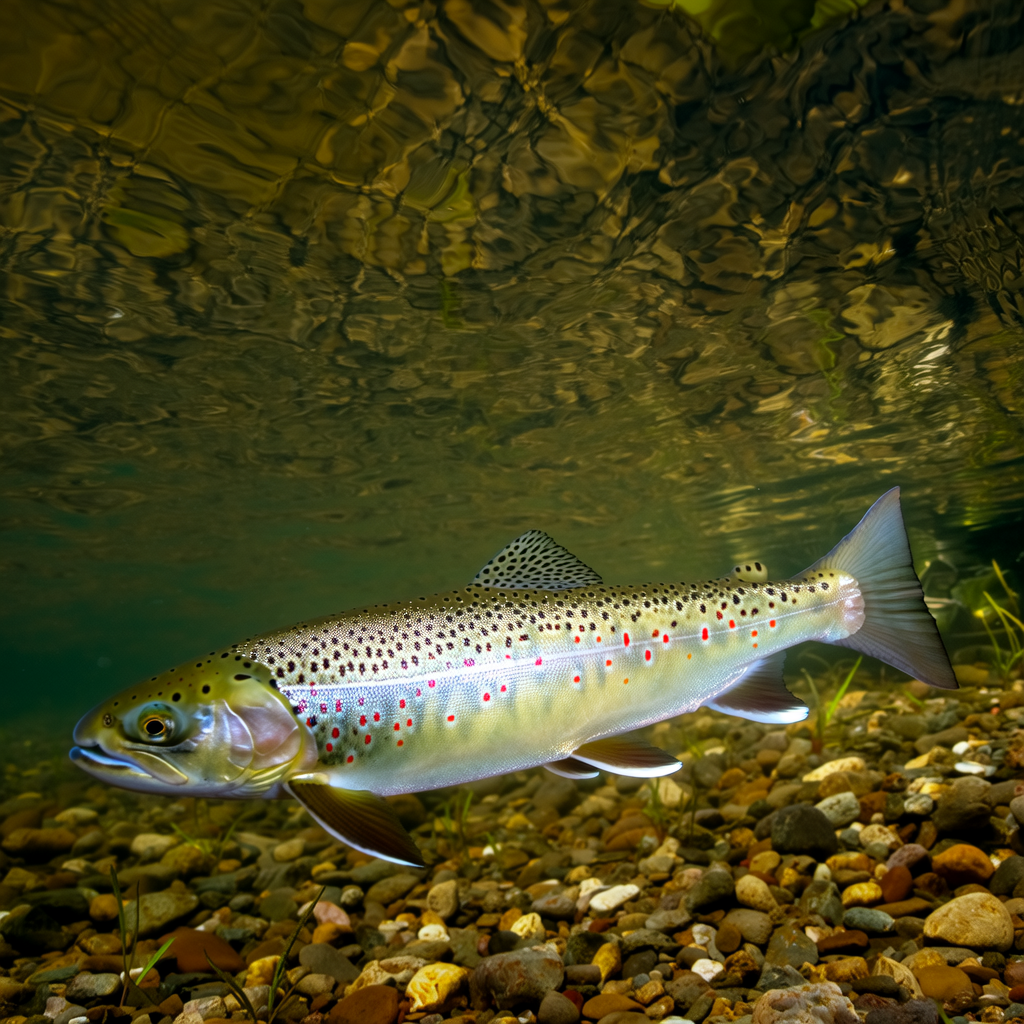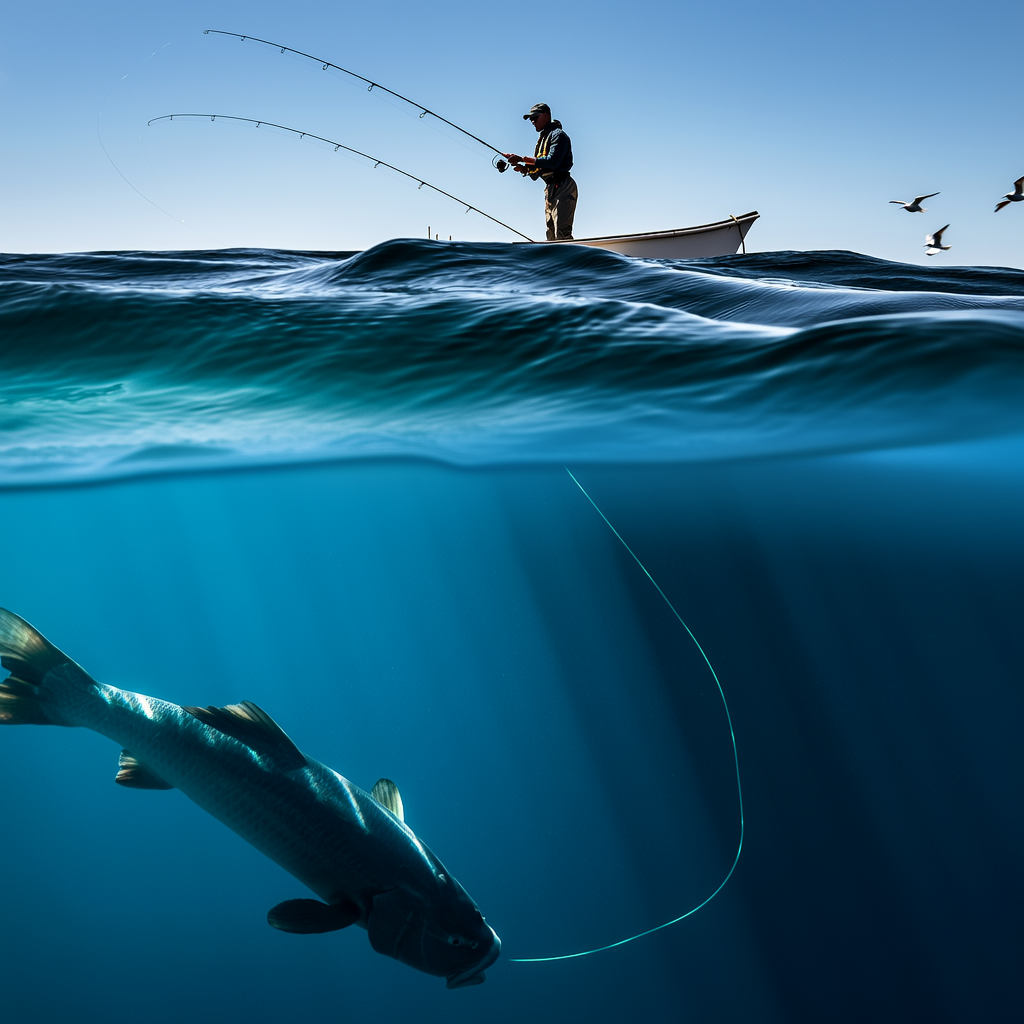Van Gogh
Vincent Van Gogh is a Dutch post-impressionist artist who is known for his unique artistic vision and style. His paintings have had a major impact on the art scene, and his landscapes, portraits and still life are highly admired. Van Gogh captured the tranquility and peace of fishing in the spring in one of his lesser-known works.
Spring is Beautiful
Spring is often associated to rebirth, renewal and the blooming nature. Spring is a time of hope and new beginnings. Van Gogh’s keen eye for beauty led him to choose to depict fishing at this time to show the emotional and spiritual significance of both fishing and spring.
Vivid Brushstrokes
Van Gogh’s unique style is evident in his depiction on fishing in the spring. His use of bold and vivid brushstrokes brings out vibrancy and energy in the scene. The strokes dance across the canvas, creating an impression of movement and life. The play of shadow and light enhances the depth of the artwork.
Nature and Serenity
Van Gogh’s paintings of fishing in spring convey a message of serenity and tranquility. The picturesque landscapes with a tranquil river or lake invite the viewer to immerse himself in the beauty of the nature. Fishing is often associated calmness and patience, which is perfectly in line with the tranquility of spring.
The Symbolism of Fishing
Fishing is a topic that has been rich in symbolism for a long time. It represents many aspects of life such as patience, introspection, and the pursuit of goals. Van Gogh’s inclusion of fishing in his spring works can be interpreted as a metaphor for our search for meaning and connection to the world around us.
Fishing as a spiritual practice
Van Gogh may have been interested in fishing during the spring because of his spirituality. Many cultures have used fishing as a form of spiritual practice throughout history. It can be used as a meditation tool, allowing people to find inner peace and connect to something greater than themselves. Van Gogh may have found comfort in portraying this spiritual aspect of fish.
Spring as a symbol of hope
Van Gogh’s paintings of fishing exemplify the association between spring and hope and renewal. The vibrant colors and energetic strokes represent the optimism and potential growth that spring brings. Van Gogh chose to capture this season in order to show his appreciation for nature’s transformative power.
The Influence of Japanese Art
Van Gogh’s admiration of Japanese art is another important factor to consider when discussing his fishing in the Spring paintings. Van Gogh’s composition and color choices are influenced by Japanese prints. The simplicity and harmony of Japanese art fits well with Van Gogh’s vision to capture the essence of spring fishing.
Van Gogh and the Personal Connection
Van Gogh, as an artist who often painted based on personal experiences, may have had a personal connection with fishing in the spring. He may have enjoyed fishing, enjoying the serenity and contemplative moments that it provided. This connection could have inspired him to depict this subject in his artwork.
The essence of Van Gogh’s Fishing in Spring
Van Gogh’s paintings of fishing in the spring evoke a feeling of harmony and unity with Nature. His unique style and choice in subject matter invites viewers appreciate the beauty of nature and find solace through the simple act fishing. The vibrant colors, playful brushes, and serene landscapes combine to create a visual symphony which captures the essence and timeless practice of fishing.
Conclusion
Van Gogh’s exploration of spring fishing shows his versatility as an artist and his ability to capture beauty and depth in simple pleasures. His works offer a window to the transformative power nature and invite viewers connect with their surroundings at a deeper level. Van Gogh immortalized fishing in the spring through his vivid brushstrokes, symbolism and use of color. His legacy continues to inspire audiences today.




